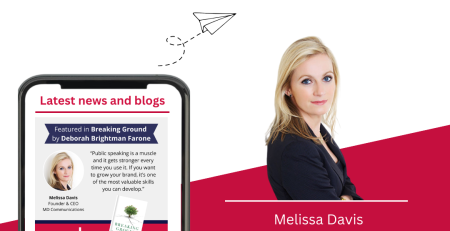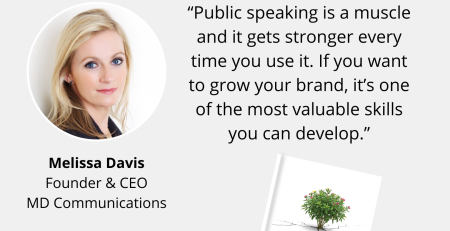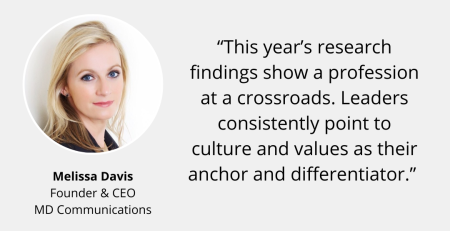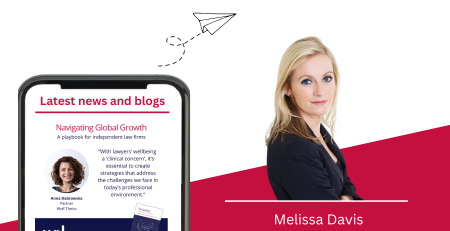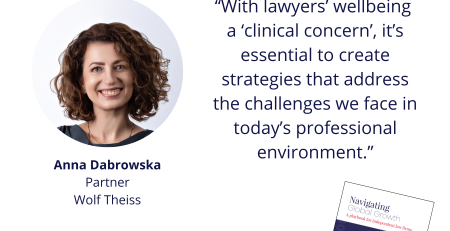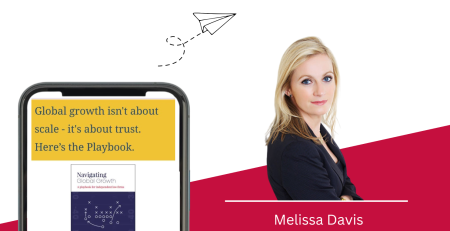At our recent private resilience roundtable for international senior and managing, we hosted guest speaker Richard McCann, who overcame a tragic past to become a famed motivational speaker and bestselling author.
Positive mental attitude
Leading the first part of the webinar, Richard kicked off with a presentation on how we can overcome adversity and develop resilience with an ‘I can’ attitude. He discussed practical advice for facing the realities of life – we all go through hard times, but we can all bounce back from this, using these seven tips:
- Focus on the positive
- Find the silver linings
- Be grateful
- Accept things for what they are
- Face your fears
- Create positive events
- Expressive writing – writing down what you are grateful for
Self-care for leaders
The second part of the webinar was a roundtable discussion where the law firm leaders shared how they were helping their teams to develop resilience and overcome mental health issues, while at the same time looking after themselves.
The participants discussed self-care, how to focus on the environment around you and your support network to ensure you feel connected, and the link between mental health and resilience. It was noted that while leaders have been expected to help their teams, conversations which are fewer and further between are those around how we care for those leaders. Is it asking too much to expect them to drive the performance of business as well as being responsible for the wellbeing of their workforce?
“It’s just not working”
Referencing an IBA global survey on whether law firms have within their workplaces structures that support the emotional and mental wellbeing of their people, I pointed out that around 75–80% of lawyers are saying “it’s just not working”, as it has been the same people – leaders and partners – who have to both push their teams to be productive and drive profit, while at the same time taking care of their team’s mental wellbeing.
Turning to how you build a sense of community in an organisation, the discussion looked at creating resilience in the same way that Richard did in his own life, noting that law firms’ traditional partnership structure is “just not working in terms of expecting these very stressed people to drive performance and also build a community”. However, part of this is having compassion for struggling individuals, acknowledging it and genuinely appreciating what they are going through, through regular catchups or small gestures.
The traits for effective leadership
Authentic communication is vital – one managing partner shared how he created short videos to share with his firm every week, acknowledging how everyone was struggling and showing personal vulnerability, while also being optimistic about the future. This has really resonated with his staff, as he was able to articulate what was happening to them, allowing them to process it more effectively and also help those who were panicking.
Empathy has emerged as a defining feature of the times – prior to 12 months ago, the legal profession was not encouraged to show vulnerability and empathy, rather it was slanted to billable hours and results. Now, if there is a silver lining from the last 12 months, the sector has been catapulted forward many years.
Another partner identified personal responsibility at every level of the organisation to be key – you can still have strong performance while showing vulnerabilities and getting the best out of yourself, but this is tough as a leader. This was echoed by the participants, with another partner noting that partnership combines all sorts of talents – empathy and a business head, and this reinforces the partnership model.
Effects on firm culture
“Culture is the way people behave when no one is looking,” said one attendee – adding that the pandemic had been a great test of firm culture, and his firm’s values of giving people the chance to shine had come to the fore during this time. Another partner noted that the impact of the crisis hasn’t been as negative as feared nine months ago, as “we’ve moved out of crisis mode and into Groundhog Day”.
Considering the pandemic’s effect on women, a partner said that firms need to look to amend HR policies, rather than letting this lie as an external issue. She urged people and organizations to have conversations that, for example, enable men to do home schooling so women can work, or to support separated parents and fathers who want to do the school run. “Adrenaline took us a long way to start with, but we need resilience now to get through,” she added.
Give me a reason …
As a conclusion, it was noted that how we think about vulnerability has shifted so much in last 12 months. Importantly, leaders need to show it’s OK not to be OK. People need purpose – it gives them a reason to get out of bed. Firms and their leaders are instrumental in delivering this sense of purpose and community, which gives their people a reason to get up and carry on.
Sign up for our webinar on 11 March: How to build resilience and emotional wellbeing in your firm



